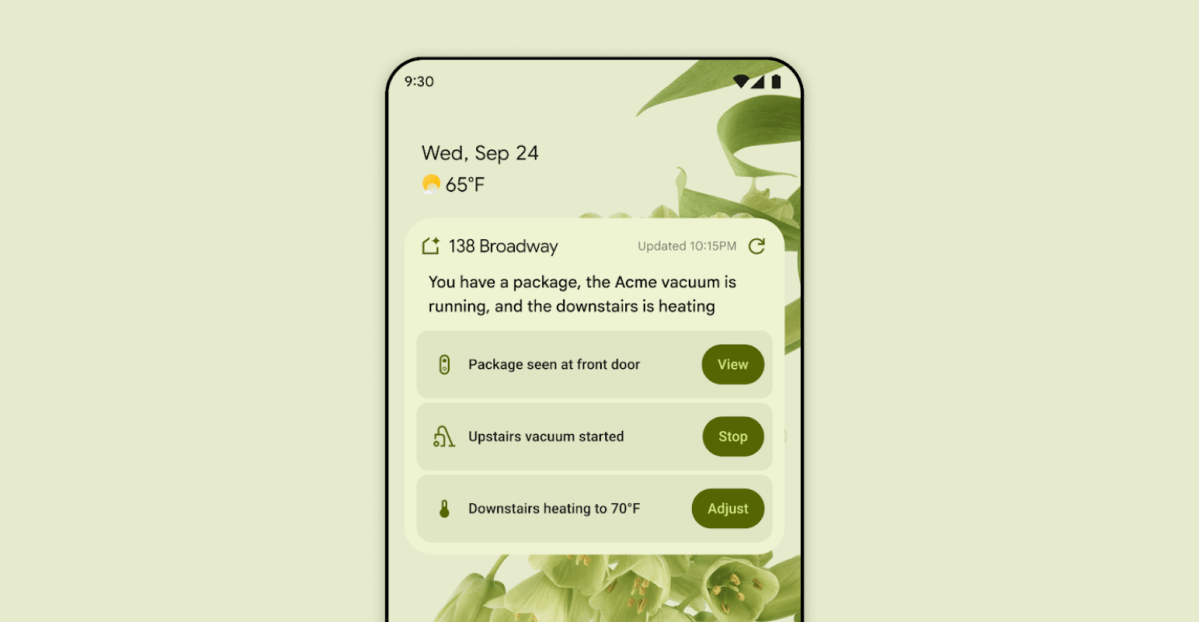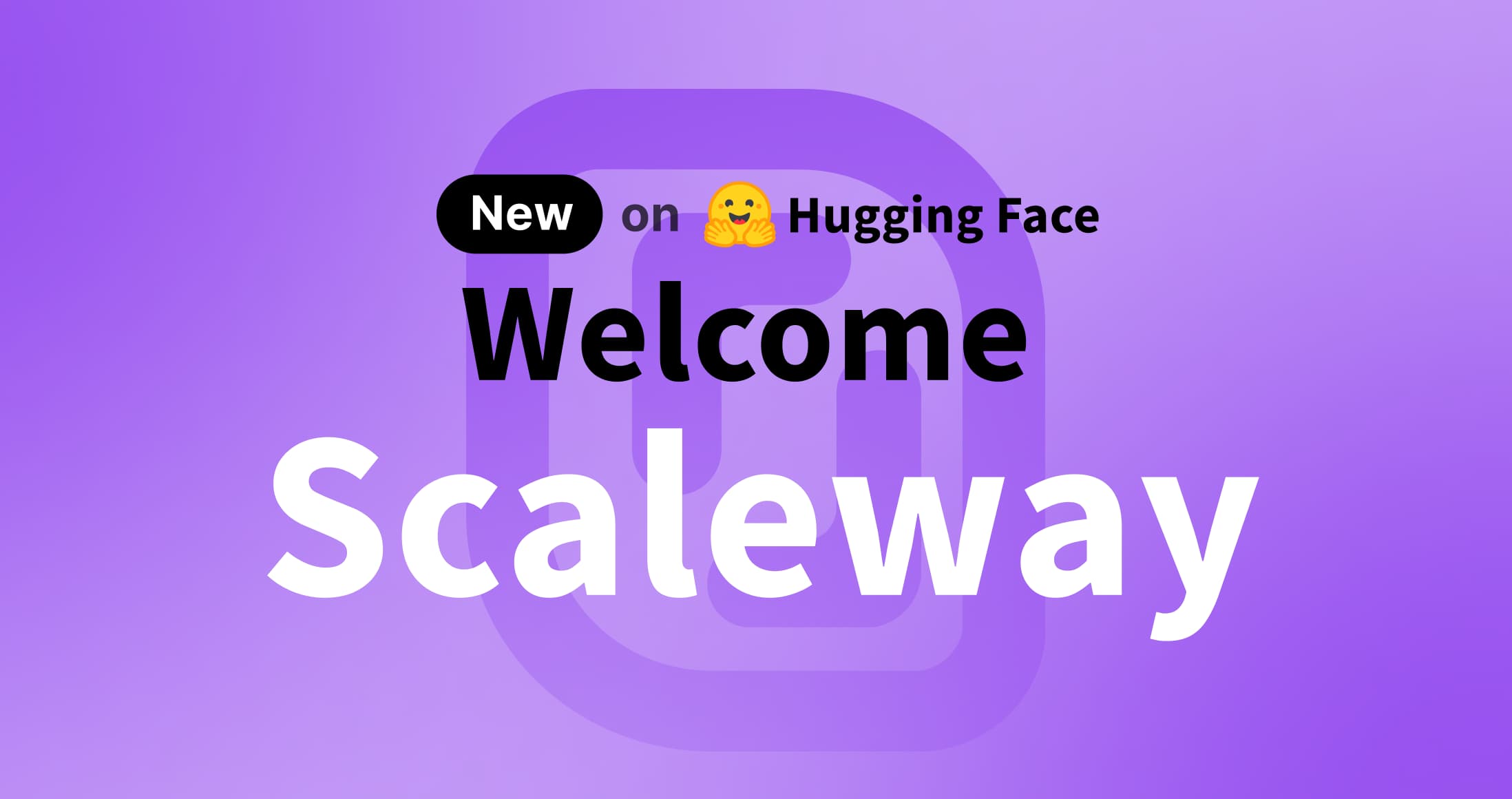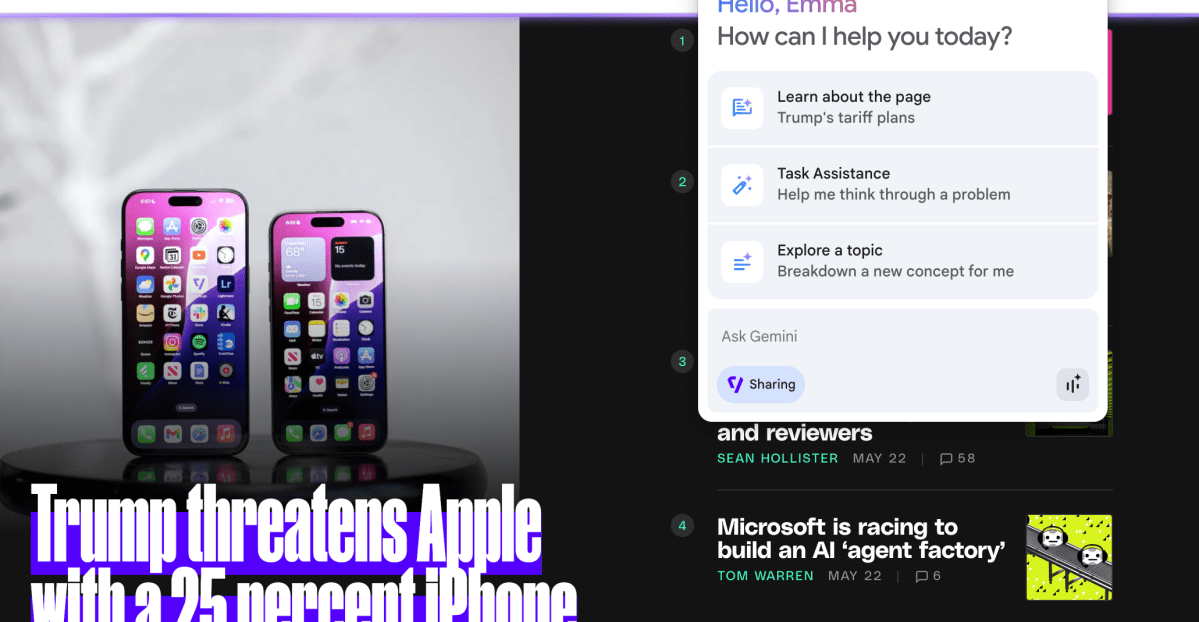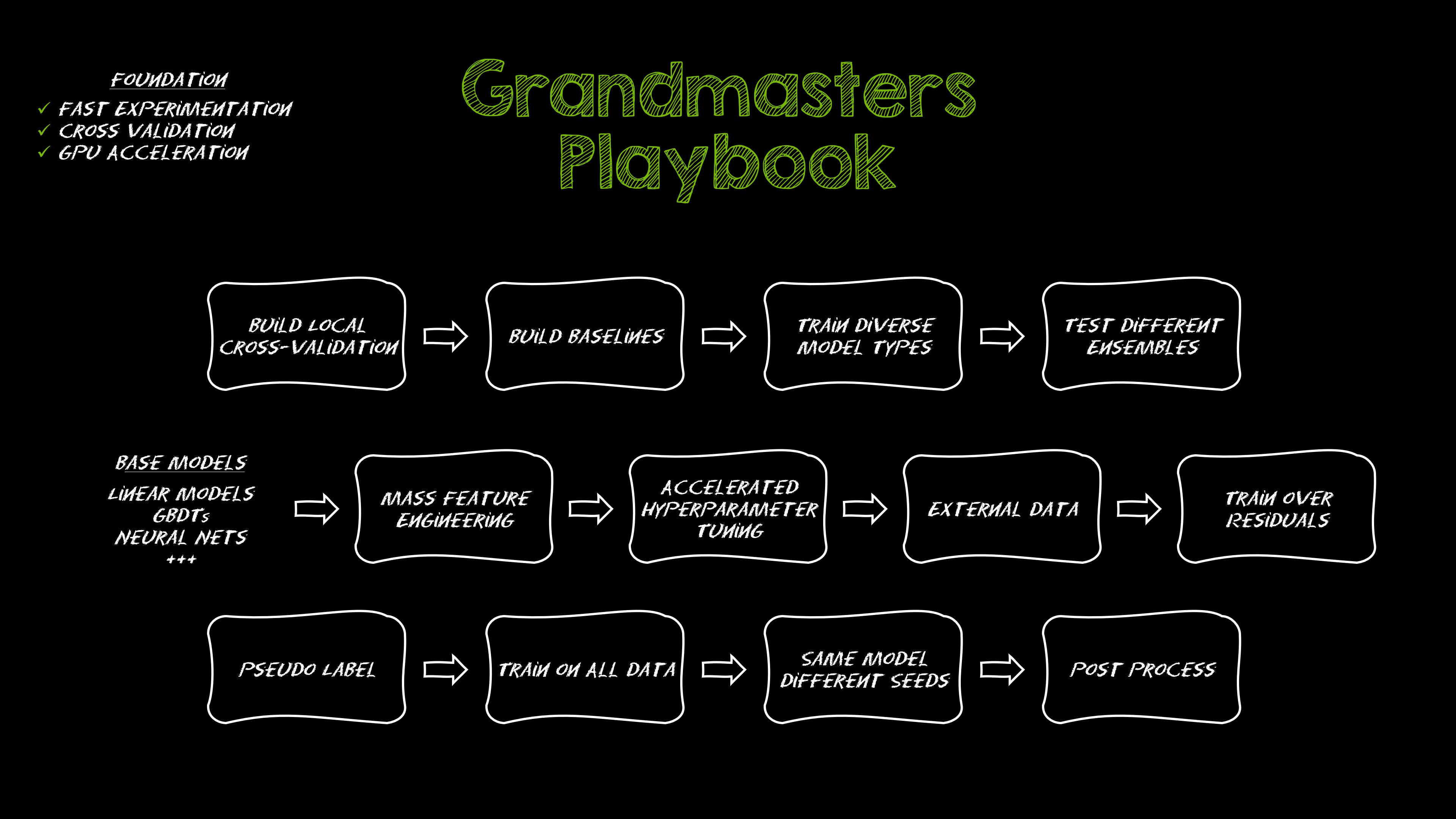
OpenAI Announces People-First AI Fund: $50M for U.S.-Based Nonprofits
Sources: https://openai.com/index/people-first-ai-fund, OpenAI
TL;DR
- OpenAI launched the People-First AI Fund with a $50 million commitment to U.S.-based nonprofits.
- The first wave of unrestricted grants is open for applications through October 8, 2025, and grants will be distributed by year-end.
- Eligible organizations must be U.S.-based 501(c)(3) nonprofits; programs within larger institutions are ineligible; only one application per organization is allowed.
- Applicants do not need to be current AI users; the fund seeks to support education, community innovation, and economic opportunity, across three focus areas.
Context and background
OpenAI announced the People-First AI Fund as part of a broader effort to ensure the benefits of AI are deployed broadly and guided by listening, learning, and collaboration with communities on the front lines. In July 2025, OpenAI committed $50 million to nonprofits and mission-focused organizations working at the intersection of innovation and public good. The initiative responds to feedback gathered through multiple channels, including the Nonprofit Commission’s listening sessions with more than 100 organizations and over 500 individuals representing more than 7 million Americans, the nationwide OpenAI Nonprofit Jam, and ongoing partnerships with groups such as the American Federation of Teachers and Older Adults Technology Services at AARP. On September 8, 2025, OpenAI announced that applications for the first grants are open. Today’s announcement makes clear that grants will be unrestricted to reflect the organization’s commitment to enabling nonprofit and community-based expertise to shape AI for the public good. In addition to the grant program, OpenAI notes that this is an early step in a larger vision: to ensure the Intelligence Age is shaped by listening, learning, and building with—not for—communities. The People-First AI Fund is intended for U.S.-based nonprofits with valid 501(c)(3) status. The fund explicitly states that organizations may apply only once. The initiative welcomes organizations at every stage of AI adoption—from exploration to pilots and active deployment—and recognizes that some of the most impactful opportunities may come from new initiatives or approaches not yet widely proven.
What’s new
The first wave of grants is now open, with an application window that closes at 11:00 p.m. PT on October 8, 2025. Grants will be distributed by the end of the year. Grants are unrestricted, emphasizing the fund’s trust in nonprofit leaders to determine how best to advance their missions. Importantly, applicants do not need to be currently using AI tools to be eligible. The fund’s portals and detailed instructions (eligibility criteria included) are provided to help organizations prepare and submit complete proposals. As part of the eligibility updates announced on September 10, 2025, OpenAI clarified that it will not consider applications from programs, centers, or departments housed within larger institutions—even if those units have operating budgets under $10 million. All proposed work must be U.S.-focused, and the fund encourages applicants from a wide range of nonprofit contexts. The Fund will support organizations directly working in three areas. While the announcement does not enumerate these three areas in this release, the framing emphasizes the fund’s focus on education, community innovation, and economic opportunity as core public-good objectives.
Why it matters (impact for developers/enterprises)
For developers and enterprises, the People-First AI Fund signals a substantial commitment by a leading AI provider to support community-facing work at the intersection of technology and public good. By offering unrestricted grants, OpenAI enables nonprofit leaders to deploy AI in ways that fit their missions and local needs without the constraints of earmarked funding. This approach can catalyze experimentation, collaboration, and scalable solutions that reflect community priorities, potentially informing best practices for responsible AI deployment and governance in education, workforce development, and social services. Beyond direct grant recipients, the program’s emphasis on listening to communities and working with organizations already on the frontlines may influence how larger institutions design partnerships, share knowledge, and co-develop AI-enabled tools that align with public-interest goals.
Technical details or Implementation
Eligibility and scope
| Eligibility criteria | Details
| --- |
|---|
| Organization type |
| Location |
| Application limit |
| Submission method |
| AI usage |
How to apply and process notes
- The first wave of grants is open for applications with a deadline of October 8, 2025 at 11:00 p.m. PT.
- Grants will be distributed by the end of the year.
- The fund will provide unrestricted grants to nonprofits and mission-focused organizations.
- Applicants may include multiple individuals as collaborators on a single proposal, but only one total application per organization.
- A grant portal is used for profile creation and submission; detailed guidance and eligibility requirements are provided within the portal.
- For questions about the application process, applicants may email [email protected]. OpenAI states it cannot accommodate individual discussions about proposals.
Key takeaways
- A $50 million fund supports U.S.-based nonprofits focusing on education, community innovation, and economic opportunity.
- Grants are unrestricted to enable nonprofit leaders to act on local needs.
- The first grant wave closes on Oct 8, 2025, with awards distributed by year-end.
- Eligibility is restricted to U.S.-based 501(c)(3) organizations; programs within larger institutions are ineligible; only one application per organization.
- No AI usage is required to apply, and collaboration across multiple individuals on a proposal is allowed.
FAQ
-
Who is eligible to apply?
The Fund is open to U.S.-based nonprofits with 501(c)(3) status. Programs housed within larger institutions are not eligible, even if their operating budgets are under $10 million. All proposed work must be U.S.-focused, and an organization may apply only once; collaboration on proposals is allowed.
-
What type of grants are offered?
Grants are unrestricted, intended to support nonprofit leadership and projects at the intersection of AI, education, community innovation, and economic opportunity.
-
When is the deadline for the first wave?
The application window closes at 11:00 p.m. PT on October 8, 2025; grants will be distributed by the end of the year.
-
Are there multiple rounds of funding?
This is described as the first wave of grants; OpenAI notes the fund is an early step in a larger vision and additional opportunities may follow.
-
Do applicants need to be using AI now?
No. Applicants do not need to be currently using AI tools to be eligible.
References
More news
First look at the Google Home app powered by Gemini
The Verge reports Google is updating the Google Home app to bring Gemini features, including an Ask Home search bar, a redesigned UI, and Gemini-driven controls for the home.
Shadow Leak shows how ChatGPT agents can exfiltrate Gmail data via prompt injection
Security researchers demonstrated a prompt-injection attack called Shadow Leak that leveraged ChatGPT’s Deep Research to covertly extract data from a Gmail inbox. OpenAI patched the flaw; the case highlights risks of agentic AI.
Predict Extreme Weather in Minutes Without a Supercomputer: Huge Ensembles (HENS)
NVIDIA and Berkeley Lab unveil Huge Ensembles (HENS), an open-source AI tool that forecasts low-likelihood, high-impact weather events using 27,000 years of data, with ready-to-run options.
Scaleway Joins Hugging Face Inference Providers for Serverless, Low-Latency Inference
Scaleway is now a supported Inference Provider on the Hugging Face Hub, enabling serverless inference directly on model pages with JS and Python SDKs. Access popular open-weight models and enjoy scalable, low-latency AI workflows.
Google expands Gemini in Chrome with cross-platform rollout and no membership fee
Gemini AI in Chrome gains access to tabs, history, and Google properties, rolling out to Mac and Windows in the US without a fee, and enabling task automation and Workspace integrations.
Kaggle Grandmasters Playbook: 7 Battle-Tested Techniques for Tabular Data Modeling
A detailed look at seven battle-tested techniques used by Kaggle Grandmasters to solve large tabular datasets fast with GPU acceleration, from diversified baselines to advanced ensembling and pseudo-labeling.





